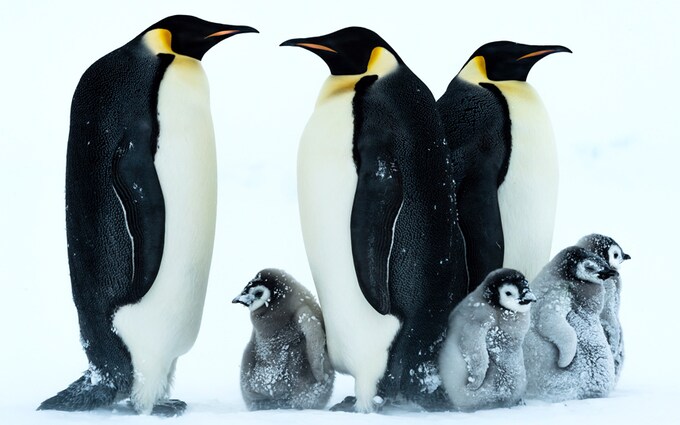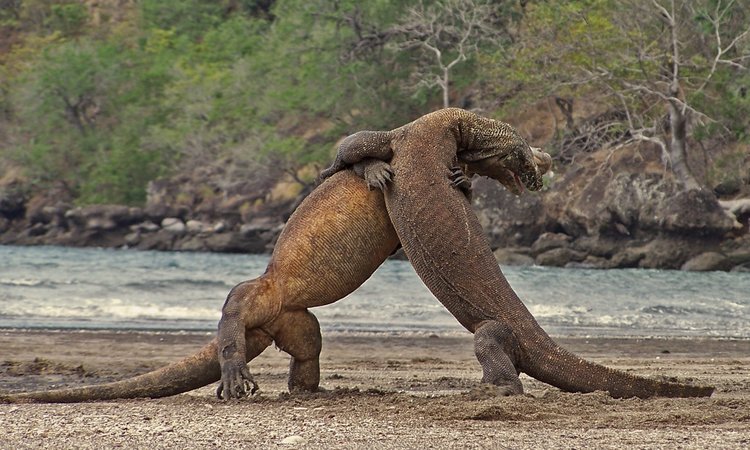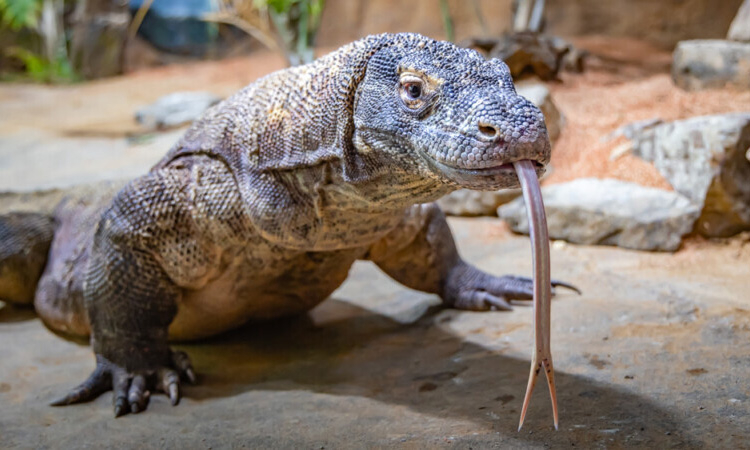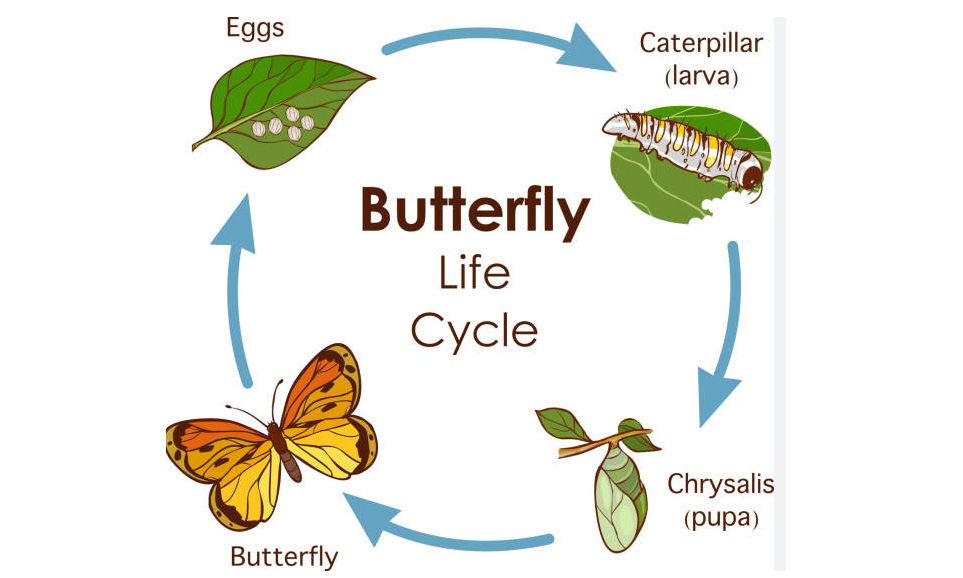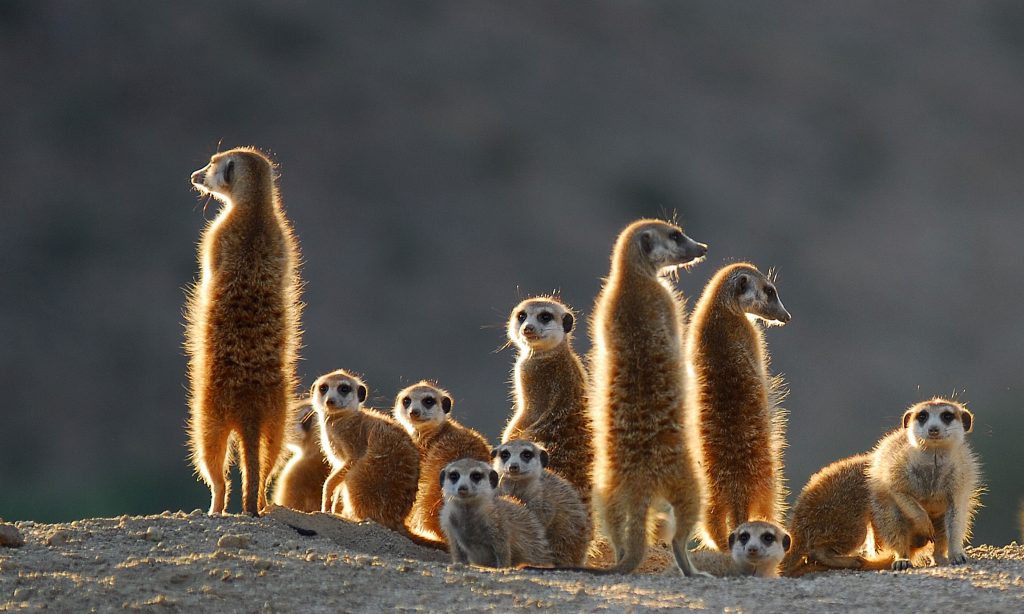In the vast, icy expanse of Antarctica, where the frigid winds whip across the frozen landscape, life endures in the form of resilient creatures, including the remarkable emperor penguins. These majestic birds, known for their striking black and white plumage and their ability to withstand the harshest conditions, are central figures in the dynamic ecosystem of the Southern Hemisphere.
Recently, however, a disturbing and unexpected event unfolded in the heart of the emperor penguin colonies, casting a shadow over their usually harmonious existence. Emperor penguin chicks, the epitome of vulnerability, fell victim to an unusual phenomenon—emperor penguin chicks robbed by their own kind. This unprecedented behavior, observed by researchers studying the colonies, has raised intriguing questions about the dynamics of emperor penguin communities.
The harsh Antarctic winters are a critical period for emperor penguins as they gather in large colonies to breed and raise their chicks. These colonies, characterized by their organized and communal nature, are essential for the survival of the species. However, the recent incidents of chick robbery have disrupted the usual order within these communities.
Emperor penguin chicks, covered in downy fluff and relying heavily on their parents for warmth and sustenance, are particularly susceptible to the extreme cold. The act of robbing chicks involves one adult penguin forcibly taking another’s chick, leaving the victimized parent distressed and the chick exposed to the harsh elements. Researchers, initially perplexed by this behavior, have delved into the potential reasons behind such unusual actions.
One hypothesis suggests that the scarcity of resources, such as food and nesting space, during the demanding winter months might be driving this behavior. As climate change continues to impact the Antarctic environment, altering the availability of krill and fish—the primary food sources for emperor penguins—competition for these resources intensifies. In such a scenario, adult penguins may resort to drastic measures, including chick robbery, to secure the survival of their own offspring.
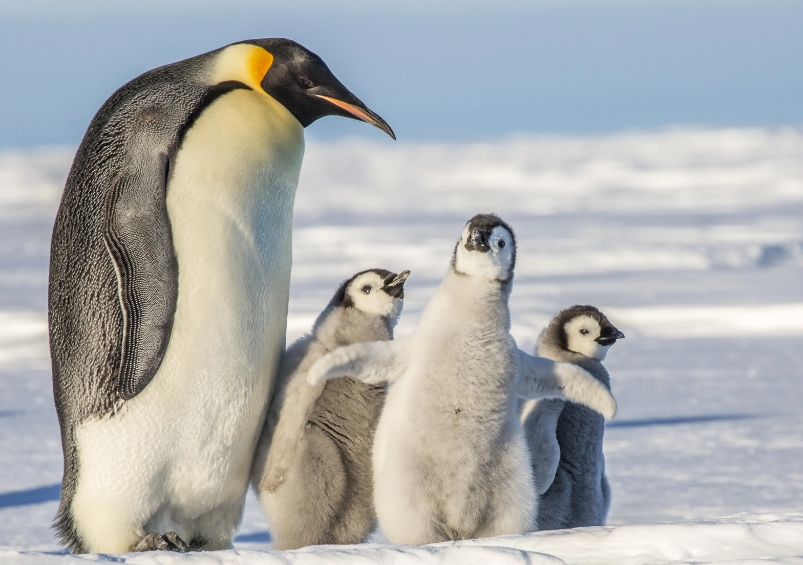
Another factor contributing to this unexpected behavior could be linked to shifts in the overall population dynamics of emperor penguins. As their habitats undergo changes due to warming temperatures, some colonies may experience overpopulation, putting additional strain on available resources. This, in turn, could trigger aggressive behaviors, such as chick robbery, as a desperate attempt to ensure the survival of individual families.
The observations of chick robbery among emperor penguins shed light on the complex interplay between environmental factors, population dynamics, and the adaptive strategies these birds employ to navigate the challenges of their changing world. Researchers are closely monitoring these developments, aiming to deepen our understanding of how these remarkable creatures respond to the pressures imposed by their evolving ecosystems.
The implications of chick robbery extend beyond the immediate impact on individual penguin families. Understanding this behavior is crucial for conservation efforts aimed at preserving emperor penguin populations in the face of ongoing environmental changes. It prompts scientists to reassess conservation strategies and consider the broader ecological context in which these majestic birds exist.
As emperor penguins navigate the perils of a changing Antarctic landscape, the phenomenon of chick robbery serves as a poignant reminder of the delicate balance that sustains life in this remote and unforgiving region. It is a testament to the resilience and adaptability of these remarkable birds, whose survival hinges on their ability to navigate the challenges presented by a rapidly changing world.
